Who doesn’t love going to the beach? Celebrate World Ocean Day, June 8th, with a beach clean-up. Removing trash and keeping our beaches clean means, means that this waste won’t end up in our oceans. In fact, 6.5 million tons of litter end up in the ocean each year. Half of which are plastic products that will take hundreds of years to break down. That’s why it’s important for us to know how to clean up beaches! Let’s do this year’s coastal cleanup together.
Keep reading for our top beach cleaning tips
Marine and beach pollution come from a number of different sources. From littering and ocean mining to oil spills and agricultural runoff to name a few. Of this list, the easiest one to positively impact is keeping our beaches clean and preventing our litter from ending up in the oceans. How we get rid of our trash, in order to help save our beaches, oceans, and marine life can become a routine part of any visit to the beach.
Check out our how-to guide on how to clean up beaches all-year-round
At the beach
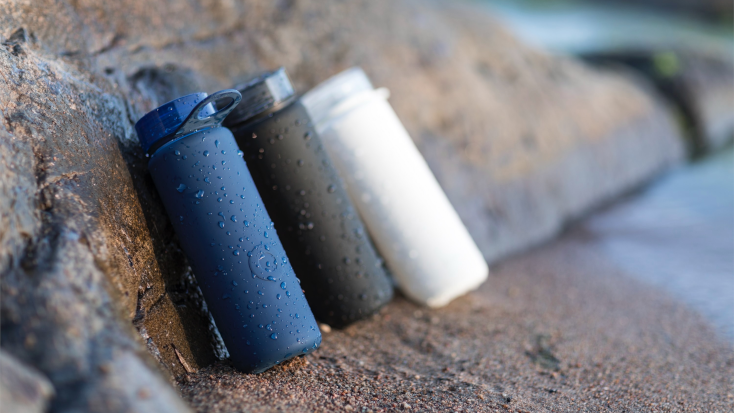

Reusable water bottles are a great way to prevent plastic bottles from ending up on the beach.
How to keep our beaches clean with reusable containers
Prevent the amount of trash left behind and keep our beaches clean by thinking carefully about what you take with you. When thinking about how to keep your beach clean, there are eco-friendly items to use. Invest in reusable water bottles and use Tupperware containers to carry your food instead of tinfoil or plastic wrap.
Some trash is bound to be produced by your trip to the beach. Keep the beaches clean by packing a trash bag with you to make sure you throw everything away. Keep the beach clean easily!
How can we keep our beaches clean? Think about portable ashtrays!
Another major cause of water pollution comes from cigarette butts. Putting cigarettes out in the sand and leaving them there increases the likelihood that they’ll blow into the sea. From where they release toxins and pollutants, adversely affecting water quality and marine life.
A test conducted found that just one cigarette butt releases enough toxins to kill over 50% of the fish exposed to it for 24 hours. Moreover, their physical similarity to insects means fish will consume cigarette butts. Since they’re unable to digest them, they will stay in their stomachs forever.
So how can we keep our beaches clean? Invest in a portable ashtray, which you can empty into the garbage when you dispose of all your other waste.
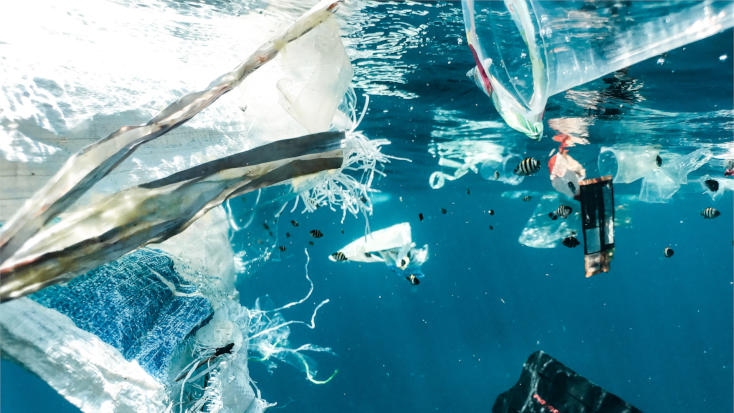

Avoid bringing and using plastic to keep beaches clean
We have all seen videos of sea turtles suffering severely as a result of plastic straws and six-pack yokes/rings. These make it into the oceans and negatively impact their environment and even their lives. You can still enjoy your beer, but make sure to properly dispose of the rings and cut them up just in case.
If you find yourself at a beach bar, remember to turn down a straw if you’re offered one. We were perfectly capable of drinking before 1888—the year when straws were invented—so we can easily give the turtles a break. Insist on being served in a glass, not a plastic cup, and enjoy your drink at the bar, with the shade and music, rather than taking it back to the sand.
Be careful with open flames when beach glamping
Everyone enjoys a good beach bonfire, but not everyone likes to see a beach cluttered with old fire pits that are blowing ash everywhere. When beach glamping, camping, or just relaxing; if you do decide to have a fire, put it out thoroughly with water, and cover the embers with sand to prevent them from spreading. Once any rocks you’ve used are cool to the touch, move them back to their original locations, and fill the hole with sand. It’s that simple, and now, the beach is ready for someone else to enjoy!
Burning your trash is also a bad idea—not only is it illegal in many places, but a low-temperature fire, such as a bonfire, also doesn’t destroy trash. Instead, it turns into tiny soot and ash particles that contain toxins, which are then blown into the air, spread around, and deposited into the sea, in addition to the surrounding soil and vegetation.
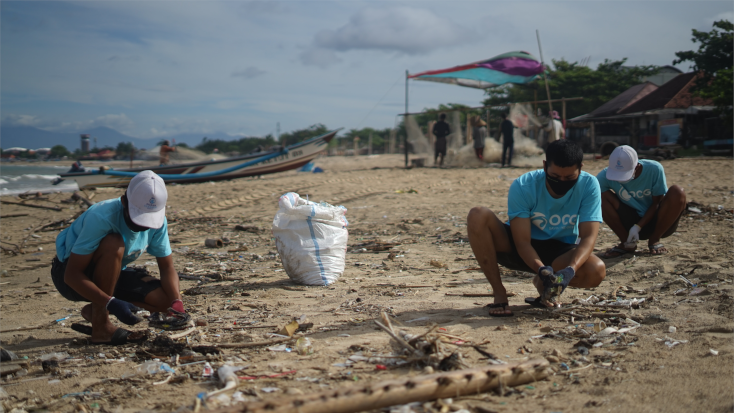

Participate in a beach clean-up for protecting the coastal environment
Organizing a beach clean-up can be easier than you think. The next time you go to the beach, why not set aside 30 minutes of your trip for a fun, group beach clean-up? Beach clean-ups are so helpful and you and your friends can go to different areas of the beach, maximizing the amount of beach you cover. You can even make it a competition, with a prize for the most trash collected.
On your own? No problem! Check for organized ocean clean-ups near you. Ocean Conservancy is dedicated to reaching the goal of having trash-free oceans, and they have loads of information on how you can organize a clean-up yourself and what you will need before, during, and afterward.
In 2015, volunteers in San Diego removed 197,788 pieces of trash, weighing 9,825 pounds, from their beaches. If that’s how much trash was removed from San Diego alone, imagine how much trash could be removed from all of our beaches!
How to clean beaches away from the beach
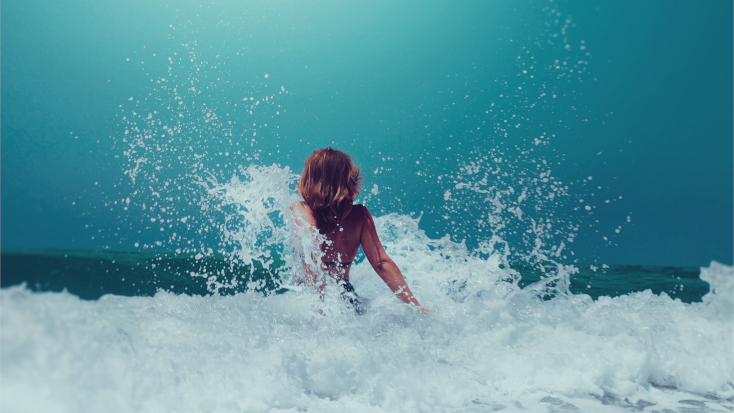

Although it’s a great start, eliminating ocean pollution is not as simple as just disposing of our trash correctly and picking up what others have left. All waterways lead to the ocean, so garbage and waste products can make their way into the oceans via garbage disposals and sewage pipes, not ideal for maintaining a clean beach.
We must be conscious of how we dispose of our waste at all times, especially of what we flush. In 2017, more than 5,000 wet wipes made their way into a small area of the Thames River, which is just one example of a commonly-flushed item that doesn’t break down. Other examples include cotton balls, dental floss, pet litter, oils, and medicines. These all get flushed down the drain, into local rivers, and, eventually, the ocean.
While it’s important for all of us as individuals to take action, we cannot exempt local businesses and global corporations from doing their part, too. Wherever possible, use the services of companies that have the best policies towards packing and plastic usage, and don’t be afraid to tell your local café if you think they are being particularly wasteful. If dealing with an international chain, an online petition or letter and interaction via social media are powerful tools. Finally, remember to educate others, as only together can we hope to make a change. A clean beach is easier to achieve than you think—so let’s clean up our beaches together.
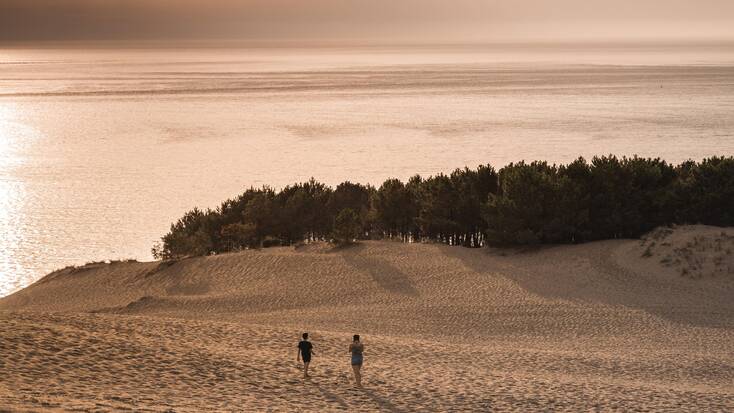

Don’t forget to check out some of our other blogs for tips and guides on a whole range of subjects!
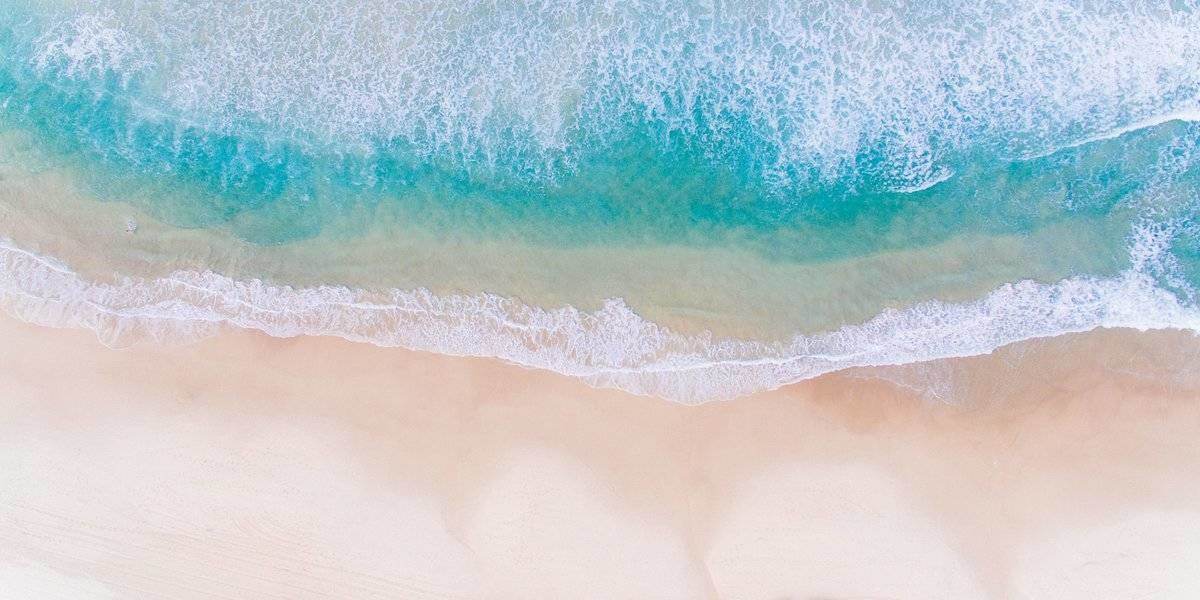

One thought on “How To Keep Beaches Clean | 2023 Coastal Cleanup”